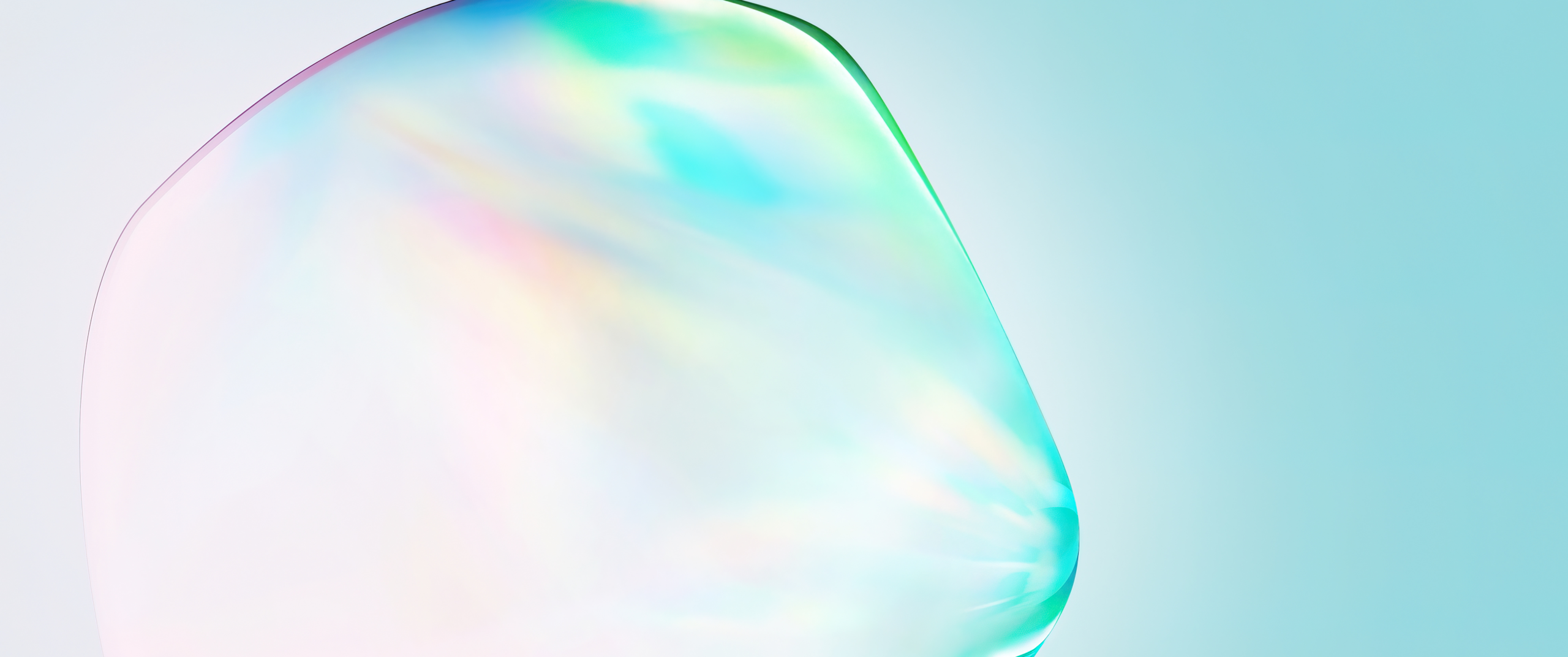
The common cold remains an elusive ailment without a definitive cure, despite ongoing research and advancements in medical science. As cold season approaches, individuals worldwide seek effective remedies to alleviate symptoms and hasten recovery. While no cure exists, various strategies can bolster the body’s defenses against the common cold. These include adequate sleep, nutritional supplements, and natural remedies.
Experts emphasize the importance of rest in combating colds. A lack of sleep can significantly increase susceptibility to colds. Research underscores the critical role sleep plays in supporting the immune system, with studies showing that individuals who do not get enough sleep are more prone to catching colds.
The Role of Probiotics and Sleep
A growing body of evidence suggests that probiotics may play a significant role in reducing the frequency and duration of colds. A 2021 placebo-controlled study revealed that taking a daily probiotic supplement effectively reduced both the number of colds and repeat occurrences over a three-year period. This finding aligns with a 2019 study that tracked 76 students during a stressful exam period; participants who took daily probiotics experienced fewer colds.
Sleep is another crucial factor in managing cold symptoms. Resting adequately allows the body to focus on fighting the infection. Moreover, natural remedies such as honey can enhance sleep quality by soothing coughs. A 2021 review demonstrated that giving children a spoonful of honey at bedtime helped reduce nighttime coughing, leading to better sleep.
It’s vital to acknowledge the stages of a cold when considering treatment. The common cold progresses through three stages: prodrome (days 1-3), peak (days 4-7), and end (days 8-10). Tailoring remedies to these stages can optimize recovery.
The Impact of Vitamins and Minerals
Vitamins and minerals also play a pivotal role in mitigating cold symptoms. The National Institutes of Health (NIH) recommends a daily intake of 200 mg of vitamin C to boost the immune system and alleviate the severity of cold symptoms. Although vitamin C is not a cure, it can offer some relief.
Zinc lozenges have garnered attention for their potential to shorten the duration of colds. A 2017 review of studies found that zinc lozenges might expedite recovery compared to those who do not use them. Despite decades of research yielding mixed results, there is evidence suggesting doses of up to 150 mg per day can be taken safely over extended periods with minimal side effects.
The National Center for Complementary and Integrative Health (NCCIH) advises caution when using supplements, urging individuals to adhere to FDA-approved products and recommended dosages. This is particularly important as excessive dosages can lead to adverse effects.
Exploring Alternative Remedies
Apart from vitamins and minerals, alternative remedies such as echinacea and beetroot juice have emerged as potential allies against colds. The effect of echinacea on the immune system may depend on the bacteria present in the plant, which varies based on soil composition and growth location. This variability underscores the need for standardized products when considering echinacea as a supplement.
Beetroot juice has also shown promise in reducing cold symptoms. Those who consumed small amounts seven times a day reported fewer symptoms than those who did not partake. This finding highlights the potential benefits of integrating certain foods into one’s diet during the cold season.
While these strategies offer potential relief, it’s essential to approach them with informed caution. Consulting healthcare professionals before embarking on new supplement regimens ensures safety and efficacy. Furthermore, individuals should prioritize rest and maintain a balanced diet to support overall health during the cold season.
Featured Image courtesy of Freepik





Leave a Reply